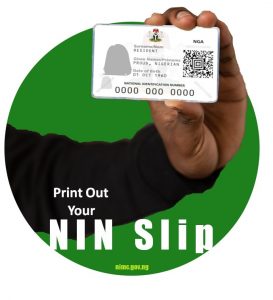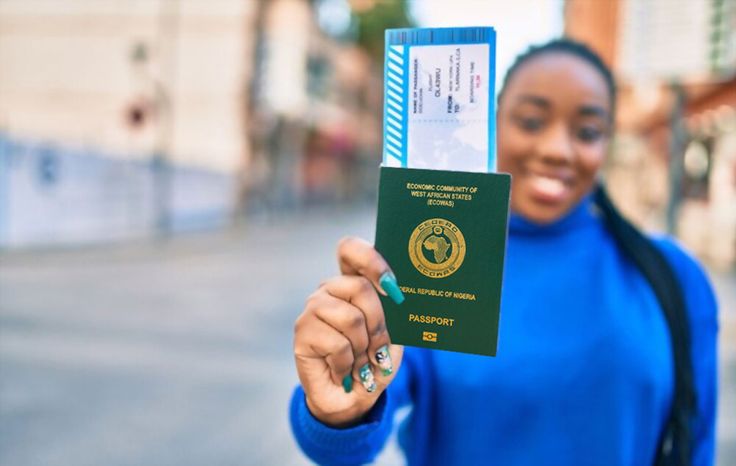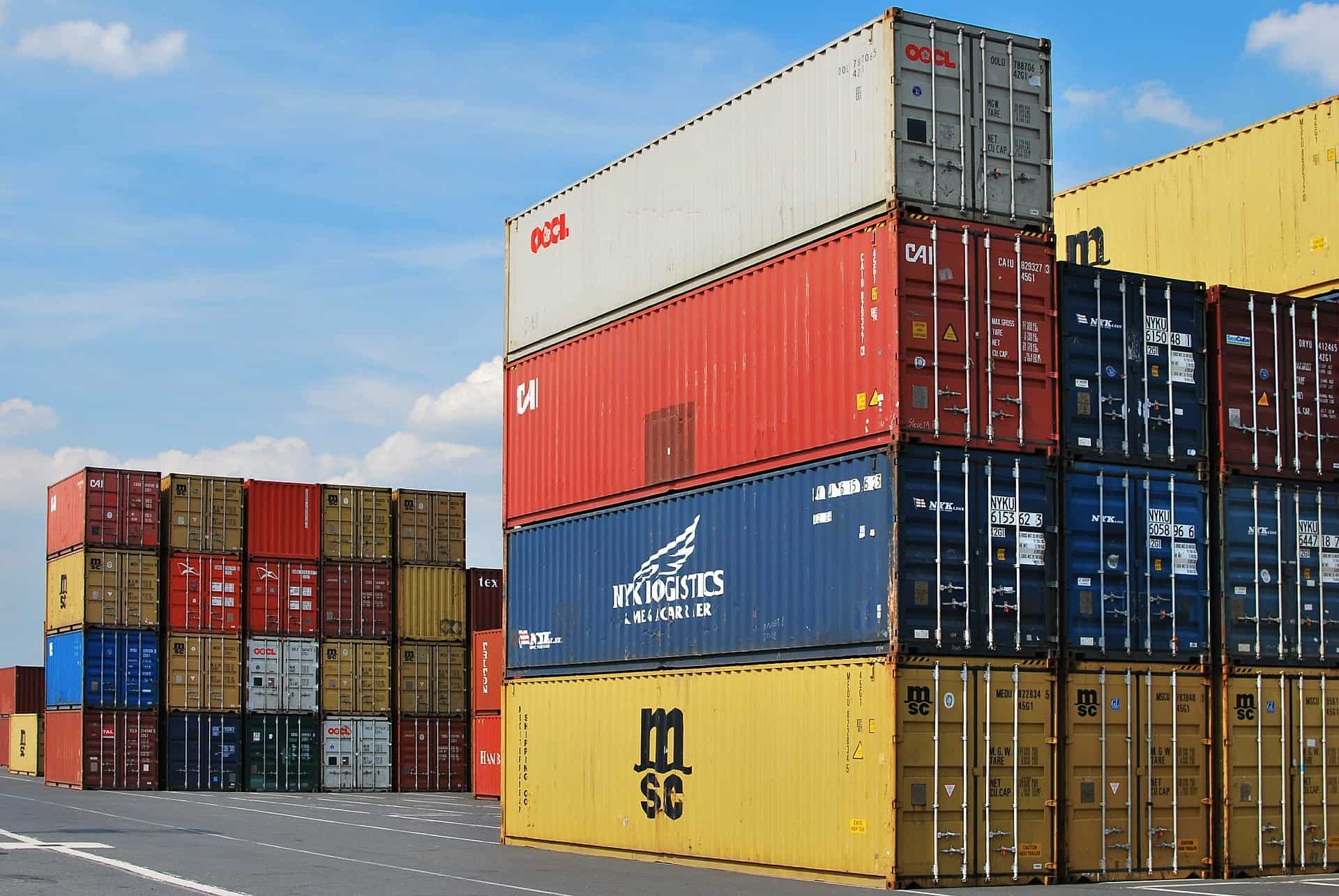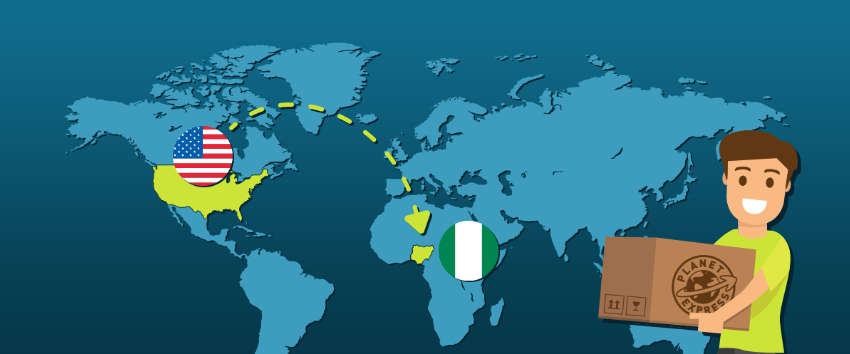The National Identification Number (NIN) is a unique set of 11 digits assigned to individuals by the National Identity Management Commission (NIMC) upon successful enrolment into Nigeria’s National Identity Database (NIDB). This number serves as a crucial identifier, linking all records about an individual and verifying their identity within the database. The NIN is central to the efforts of NIMC in establishing a robust identity management system in Nigeria.
This article provides a comprehensive guide to everything you need to know about the National Identification Number. From its importance and eligibility requirements to the enrolment process, we aim to equip you with a clear understanding of why the NIN is essential for Nigerian citizens (both at home and abroad) and legal residents. Whether you’re planning to enrol for the first time or seeking to better understand its role in identity verification, this guide will walk you through all the key details.
Importance of The NIN
The NIN is the basic means of identification for a Nigerian citizen or legal resident. This means that it is a requirement for many, if not all official and personal transactions. Just as a phone number connects you for communication, your NIN uniquely identifies you. Below are the various transactions for which the use of the NIN is mandated, as stipulated by the Nigerian Identity Management Commission Act, 2007:
- Import and export of products, commodities, or goods
- Purchase and registration of telephone SIM cards and other communication devices
- Issuance of driver’s licenses
- Registration of voters
- Tax identification
- Operating a bank account
- Cashing in on financial instruments
- Documentation for loans
- Registration and licensing of security companies
- Executing any contract or business agreement
- Tenancy agreements
- Application for or bidding for any Local, State, or Federal Government jobs or contracts
- Registration and use of aviation services by airline operators and customers
- Purchase of travel tickets or tokens for air, rail, road, and water transportation
- Boarding of aircraft, trains, commercial vehicles, ships, and boats
- Registration for and purchase of insurance policies
- Acquisition, sale, or transfer of shares, equities, and other financial instruments
- Recruitment for temporary and permanent employment
- Enrolment or registration for internal and external examinations with educational and examination boards
- Eligibility and documentation for welfare services by government agencies
- Registration of companies, sole proprietorships, partnerships, and nonprofit organizations
- Documentation of arrested and convicted persons
- Filing and registration of criminal and civil actions in courts
- Payment of emoluments
- Registration and licensing for health or medical services
- Purchase and registration of aircraft, ships, boats, motor vehicles, and motorcycles
- Change of ownership of aircraft, ships, boats, motor vehicles, and motorcycles

Even outside Nigeria, the NIN is incredibly useful for Nigerian citizens living or traveling abroad. Here’s how:
- It helps you easily identify yourself among fellow Nigerians when you’re overseas, connecting with your community wherever you go.
- It ensures secure international transactions, as senders and receivers of money or goods/services can be identified, verified, and traced when necessary.
- Whether for formal education or professional courses, the NIN is often required for enrolment in schools and universities abroad, ensuring your identity is verified.
- The Nigerian government can use your NIN to keep track of citizens abroad, which is useful for planning programs and tapping into the skills and talents of the diaspora.
These lists clearly demonstrate the vital role of the National Identification Number (NIN) in the lives of Nigerians, whether at home or abroad.
For those living in Nigeria, the NIN is essential for accessing basic services and completing everyday tasks, such as opening bank accounts, registering vehicles, obtaining health services, and enroling in schools. It simplifies identity verification, promotes accountability, and ensures secure access to government and private services.
For Nigerians in the diaspora, the NIN serves as a link to their homeland. It also facilitates secure international transactions and supports the government in keeping accurate data on its citizens abroad.

The NIN Enrolment Process
If you’re looking to enrol for your National Identification Number (NIN), you can visit an authorized enrolment center. These centres can be found on the NIMC platform. Here’s how the process works:
When you walk into an enrolment centre, you’ll need to bring along a supporting document, like your birth certificate, along with any other documents the centre requests. If you’re an adult (16 years and older), the enrolment process starts with verifying whether you’ve enroled before. This will be done through the NIN verification portal. If you haven’t enroled yet, you’ll be given an enrolment form to fill out. However, if you’ve pre-enroled online, you’ll only need to present your printed barcode slip from the pre-enrolment service.
A NIMC official will then check the form you’ve filled out, making sure the details match the supporting documents you’ve brought with you and to correct any errors. If you can’t read or write, you’ll need to bring a literate person who can help fill out the form for you.
Once your information is confirmed, a NIMC enrolment officer will input the details into the system, or scan the barcode slip to automatically fill in the required fields. You’ll be asked to review your details on a screen to ensure everything is correct. If you’re happy with the information, the next step is capturing your biometrics — your ten fingerprints and a facial image will be taken.
After all the information has been captured, you’ll receive a Transaction ID Slip as proof that your enrolment has been processed. But keep in mind, this slip doesn’t mean you have your NIN right away. You’ll need to come back within 1-5 working days to collect your NIN, depending on the availability of the network and the completion of verification.
Once everything is processed, you’ll be issued your National Identification Number (NIN) Slip. Your National e-ID Card will be available within 12 months, unless there are any delays.
For minors (under 16 years), the enrolment process requires a bit more. The parent or guardian’s National Identification Number (NIN) Slip — whether it’s the father, mother, or guardian — must be provided. If the guardian’s NIN is used, there must also be supporting documents to show proof of guardianship. A minor cannot have access to the e-ID card until he/she is an adult.
READ MORE
Misconceptions and Facts about the NIN
Misconception 1: The NIN is the same as the National e-ID Card.
Fact: The NIN and the National e-ID Card are not the same. The NIN is an 11-digit number that serves as your unique identifier in Nigeria’s identity database. On the other hand, the National e-ID Card is a physical card that may include your NIN along with other features. You can have a NIN without possessing the e-ID Card.
Misconception 2: You need your NIN only for government-related services.
Fact: The NIN is essential for much more than just government services. It is required for opening bank accounts, registering vehicles, accessing healthcare, enrolling in schools, and even completing international transactions. Its uses span across both public and private sectors.
Misconception 3: Once you register for your NIN, you will immediately get your National e-ID Card.
Fact: After registering for your NIN, you will receive your NIN Slip within a few days, but the National e-ID Card takes longer — up to 12 months or more, depending on processing conditions. The issuance of the card is not automatic and depends on government policies and availability.
Misconception 4: The NIN is only important for adults.
Fact: The NIN is essential for all Nigerians, regardless of age. Minors (0-15 years) also need a NIN, especially when accessing healthcare, education, or other services. For minors, a parent or guardian’s NIN and supporting documents are required for enrolment.
Misconception 5: Your NIN can be shared freely with anyone.
Fact: Your NIN is a sensitive piece of information that should be kept secure. It should only be shared with trusted authorities or institutions when required. Sharing it carelessly can lead to identity theft or fraud.
Misconception 6: If you lose your NIN slip, your NIN is no longer valid.
Fact: Your NIN remains valid even if you lose your NIN slip. You can retrieve your NIN by visiting a NIMC enrolment centre or using the NIMC USSD service, provided you still remember the personal details used during registration.
Frequently Asked Questions
Q: Can a foreigner enrol for the NIN?
Yes, foreigners legally residing in Nigeria can enrol for the NIN. This includes those with valid residence permits or other official documentation. The NIN serves as a unique identifier for all residents, regardless of nationality.
Q: Can someone pick up my NIN for me after I pre-enrol online?
No, they cannot. After pre-enrolling online, you must visit an enrolment center yourself. Your biometric data (fingerprints and facial photo) need to be captured in person to complete the registration process.
Q: Can I have more than one NIN?
No, it’s impossible to have more than one NIN. The system is designed to ensure that every individual is assigned only one NIN, which remains unique to them throughout their lifetime. Attempting to register again will flag the system during the deduplication process.








